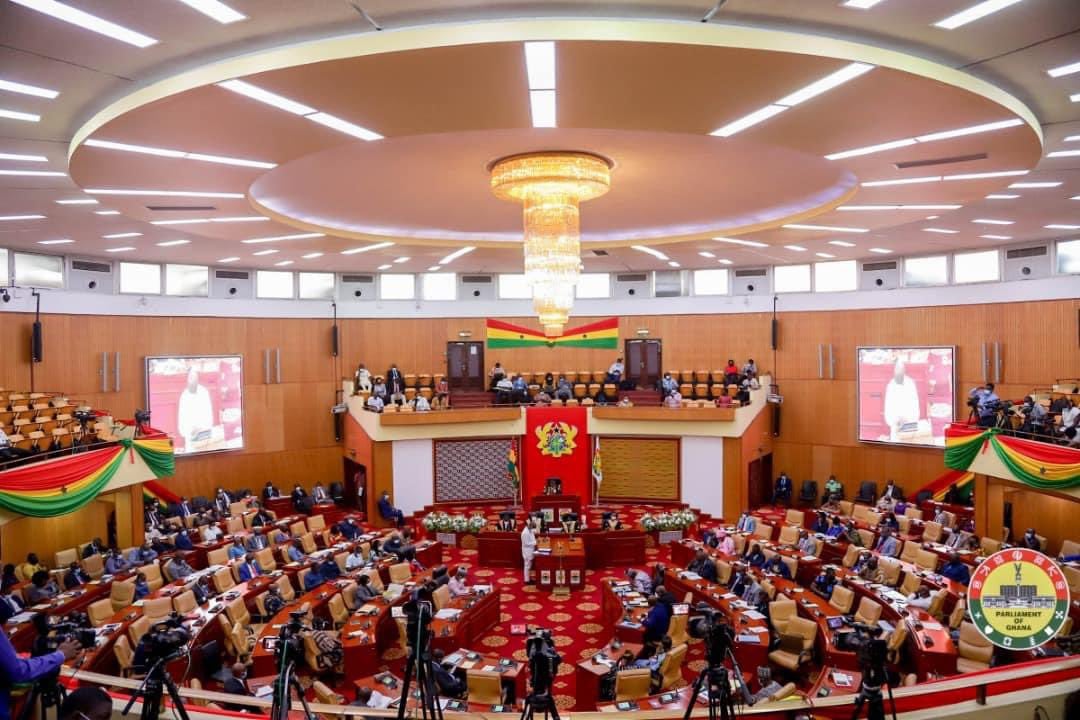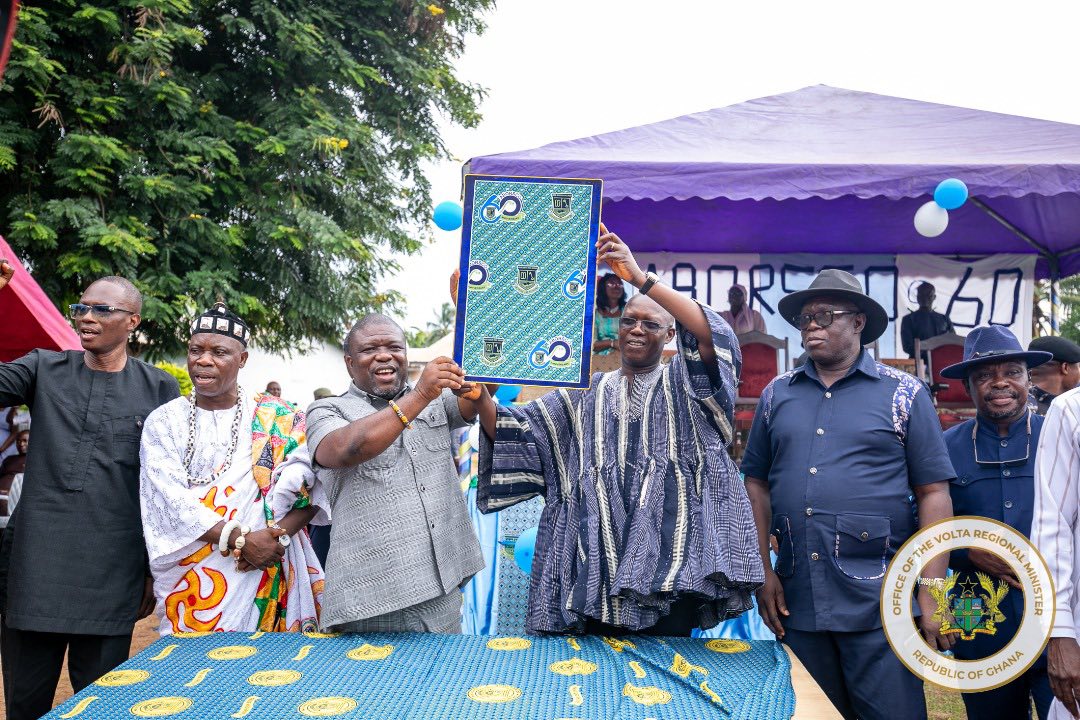Parliament has passed the Fisheries and Aquaculture Bill into an Act subject to presidential Assent.
The purpose of the Bull is to review and consolidate the laws relating to the sustainable exploitation of fisheries resources, establish the Fisheries Commission to ensure the long-term conservation, development, management, and utilization of fisheries and aquaculture resources, and contribute to the attainment of a sustainable blue economy.
in presenting the report, The Committee Chair, Dr. Godfred Seidu Jasaw on urgency for passage of the bill submitted that, the fisheries and aquaculture sectors contribute significantly to national development, particularly in the areas of job and wealth creation, poverty reduction, Gross Domestic Product contribution, and foreign exchange, and will remain so provided the resources are managed sustainably.
According to him, “The sustainable management, utilization, and exploitation of the fisheries and aquaculture resources require the existence of a robust legal framework that governs fishing activities, regulates resource extraction, and ensures compliance with international and national environmental standards”.
The fisheries and aquaculture sectors contribute significantly to national development, particularly in the areas of job and wealth creation, poverty reduction, Gross Domestic Product contribution, and foreign exchange, and will remain so provided the resources are managed sustainably.
The sustainable management, utilization, and exploitation of the fisheries and aquaculture resources require the existence of a robust legal framework that governs fishing activities, regulates resource extraction, and ensures compliance with international and national environmental standards.
The background:
The current legal framework governing the fisheries sector comprises the Fisheries Act. 2002 (Act 625), as amended by the Fisheries (Amendment) Act, 2014 (Act 880), and is supported by the Fisheries Regulations, 2010 (L.I. 1968) and the Fisheries (Amendment) Regulations, 2015 (L.J. 2217).
There is also the National Premix Fuel Committee Regulations, 2016 (L.I. 2233). These laws aim to provide a comprehensive legal and institutional framework for the sustainable management of fisheries resources and the promotion of aquaculture development in Ghana.
However, the Fisheries Act, 2002 (Act 625), since its enactment in 2002, and Act 880 empower the Minister to develop regulations aimed at combating Illegal, Unreported and Unregulated fishing, have not seen major changes to reflect emerging trends in sustainable fisheries management. Decisions and recommendations from various international fisheries Organizations, conventions, and treaties, such as the Port State Measures Agreement to Prevent, Deter and Eliminate Illegal, Unreported and Unregulated fishing, which Ghana is a signatory have also not been adequately expressed in Act 625.
Additionally, Act 625 falls short in addressing key local fisheries issues, such as aquaculture practices, post-harvest management, and trade. Act 625 also lacks comprehensive provisions for inland fisheries management, the selectivity of fishing gear, the impact of climate change on fisheries, and co-management practices.
A review of the fisheries and related legislation of the country conducted by the World Bank-funded West African Regional Fisheries Programme in 2015 and the Food and Agriculture Organization in 2019, for instance, revealed gaps in Act 625.
Both reports noted that some international requirements were only partially addressed in the current legislation. The reports also identified inconsistencies within the fisheries legal framework, primarily resulting from successive amendments that have not been systematically consolidated into a single Act. These inconsistencies were identified between Act 625 and the amendment to Act 625, as well as between the Acts and their corresponding Regulations.






































